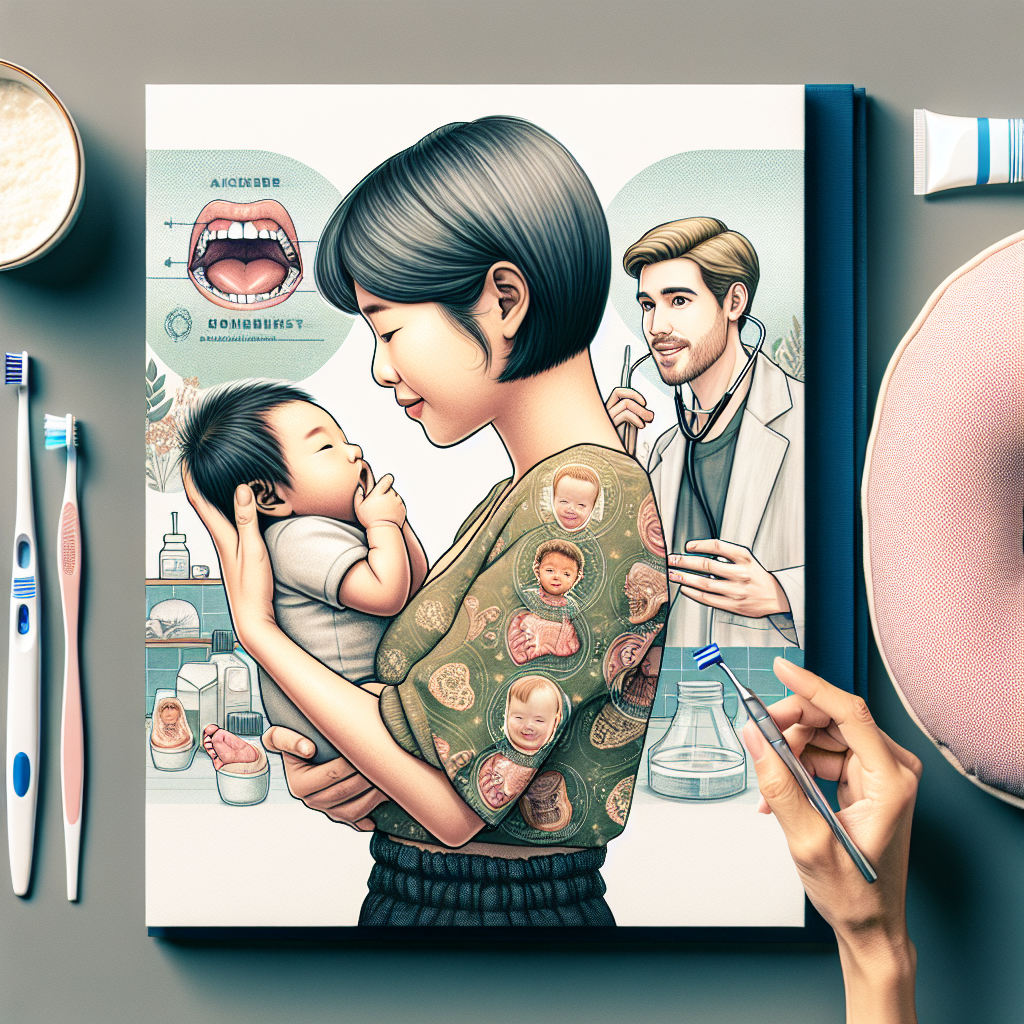Child Development: A Complete Guide to the Essential Stages
A new wonder has come into the world and a fascinating journey begins for both the parent and the little explorer. In this comprehensive guide, we'll explore the crucial stages of baby development, from motor development to language development, and give you valuable information to understand and support your little one's development.
Motor Development
The child's motor development starts from simple, reflexive movements and reaches voluntary and coordinated control. In the first few weeks, the little one will start to move his head, then in the following months he will discover how to roll over and crawl. By the ninth month, most babies will be able to sit up and begin to explore the world on their own, and towards the end of the first year, many babies like to stand up and take their first unsteady steps. This stage is crucial because the development of motor skills is closely related to the discovery of autonomy and interaction with the world.
Language development
Communication is the cornerstone of a child's social and emotional development. Language begins to form from the initial moments of life in the form of stuttering and sounds produced in interaction with parents. The baby gradually learns to associate words with objects and emotions and enjoys each new word acquired. Most of the time, around the age of one, the child begins to articulate the first comprehensible words, which is a moment of celebration for the whole family. Constant stimulation through conversation, songs and games is essential for developing a rich vocabulary.
Food and Nutrition
Nutrition plays a crucial role in a child's physical and cognitive development. Breast milk is the best source of nutrition for newborns, providing all the vitamins and minerals necessary for growth. As the child grows, his diet must diversify. Starting at about six months of age, solid foods are introduced, which will help develop the muscles needed for chewing and speaking. It is important to offer a variety of foods to encourage diverse tastes and provide all the essential nutrients for healthy growth.
Emotional and Social Health
Emotional and social development begins in the family environment, where the child learns about relationships, trust and emotions. Playing with other children, engaging in group activities and interacting with family members are all essential aspects that contribute to healthy child development. Understanding and managing emotions, as well as the ability to establish strong bonds with those around them, are important skills that are part of the child's development from the first years of life.
Early Education
The educational process begins long before the first bell. From educational activities at home to preschool programs, every learning moment is vital. These early experiences stimulate the child's natural curiosity and encourage the development of cognitive abilities. Choosing a positive and supportive educational environment is essential in providing a solid foundation for future learning.
Conclusion
In conclusion, child development is a complex and wonderful process that requires attention, love and care from parents and caregivers. Each stage is important and contributes to the overall development of the little man. By providing the appropriate support at every stage, we ensure the healthy and happy development of our child. The entire course of growth is crowned with moments of joy and achievement, while we, as parents, have the privilege of being witnesses and supporters of this extraordinary adventure . We invite our readers to visit the children's section of our store and subscribe to our newsletter for more useful resources and expert advice.














































































































































